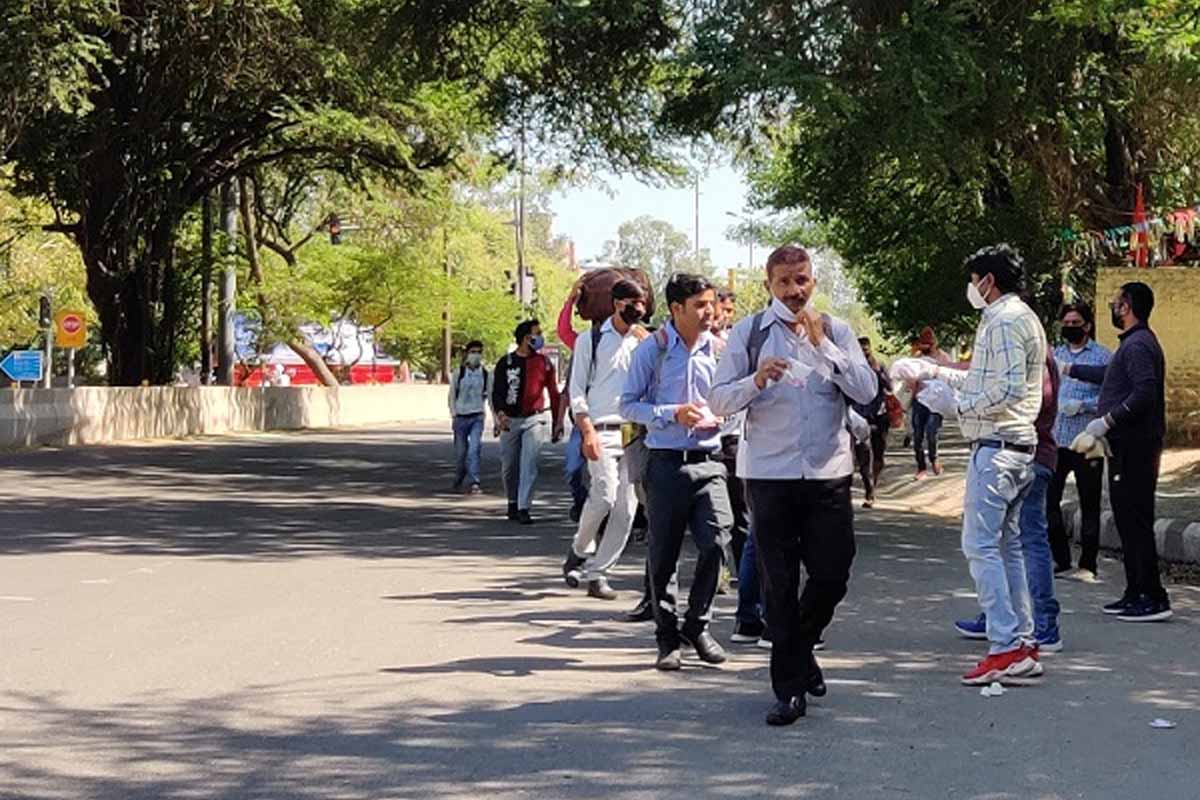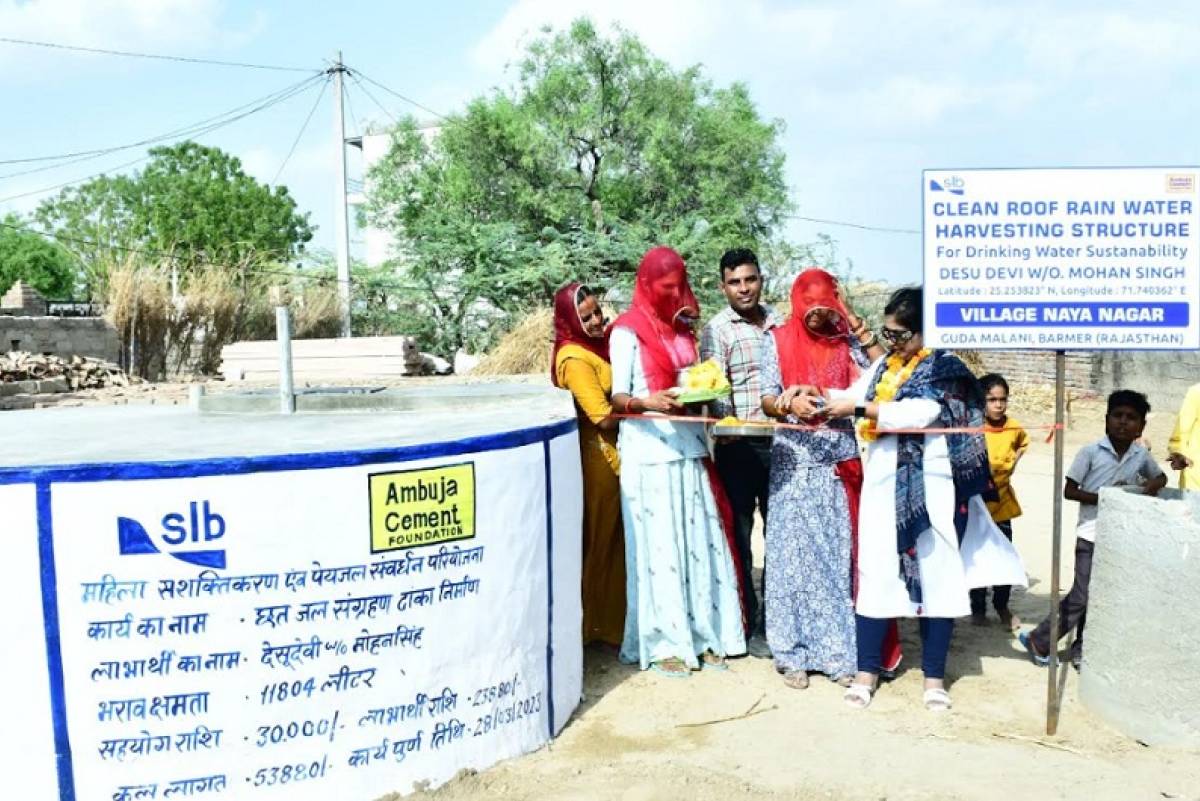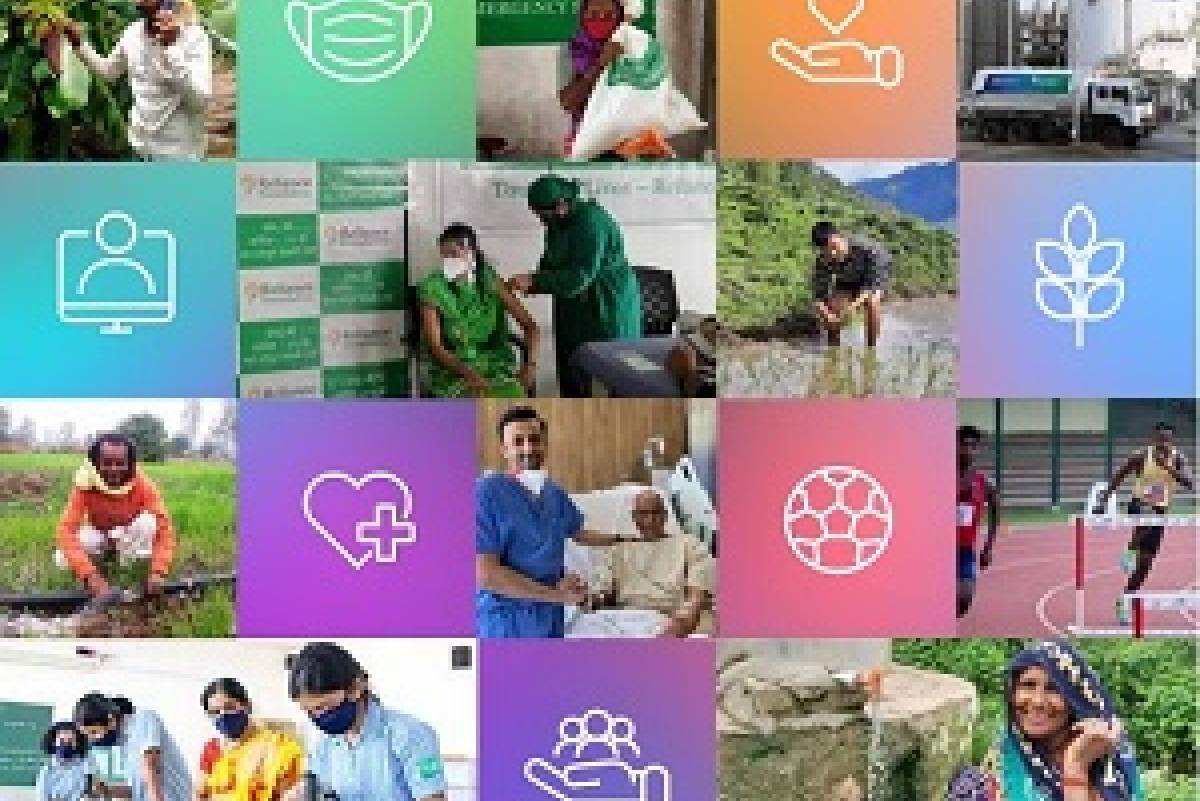
Out of this, nearly 85 per cent of the meals were provided to the migrant population comprising of daily wage workers, construction workers, contract laborers, street vendors who were the worst-hit due to COVID-19 and the subsequent lockdown, it said in a statement.
Talking about the milestone achievement, RAHI Executive Director Dola Mohapatra said, “Over the last 4 months, our focus has widened to include more vulnerable groups under our meal distribution programme. The early stages of our COVID-19 response was concentrated on the metro cities focussing on the vulnerable community like labour, daily-wagers.”
However, over the past six weeks, RAHI has managed to reach out across 38 districts in nine states of India to cater to the migrants, who moved back to their villages, he said.
The nine states include Maharashtra, Haryana, Punjab, Rajasthan, UP, Telangana, Karnataka, Kerala and Delhi.
Stating that continued support will be required in the coming 4-6 months for these migrants who have been the worst-hit, Mohapatra said, “Hunger is the biggest enemy for these groups as of today and we need to work towards providing them ample provisions, so that they along with their families can have two decent meals per day.”
Due to spike in a number of cases, the uncertainty prevails over when workers will be able to get back to earn a stable income. “In these tough times, we need to support them,” he said.
He also appeal to all corporate groups, large business houses and other organisations who wish to contribute to come forward and help in providing basic food to these people and prevent them from succumbing to hunger.
Apart from food, RAHI is also planning to mobilize essentials like cooking oil, spices, masks etc. which can be utilized by these people.
With Unlock 2.0 in place and the whole country trying to adapt to the new normal, there is a dire need to handhold lakhs of migrant population who undertook the mass exodus from Tier-I cities to their villages. Despite the lockdown being lifted, these vulnerable groups have not been able to adapt to the new normal and restart their livelihood. They are still struggling to meet their basic needs of food.




